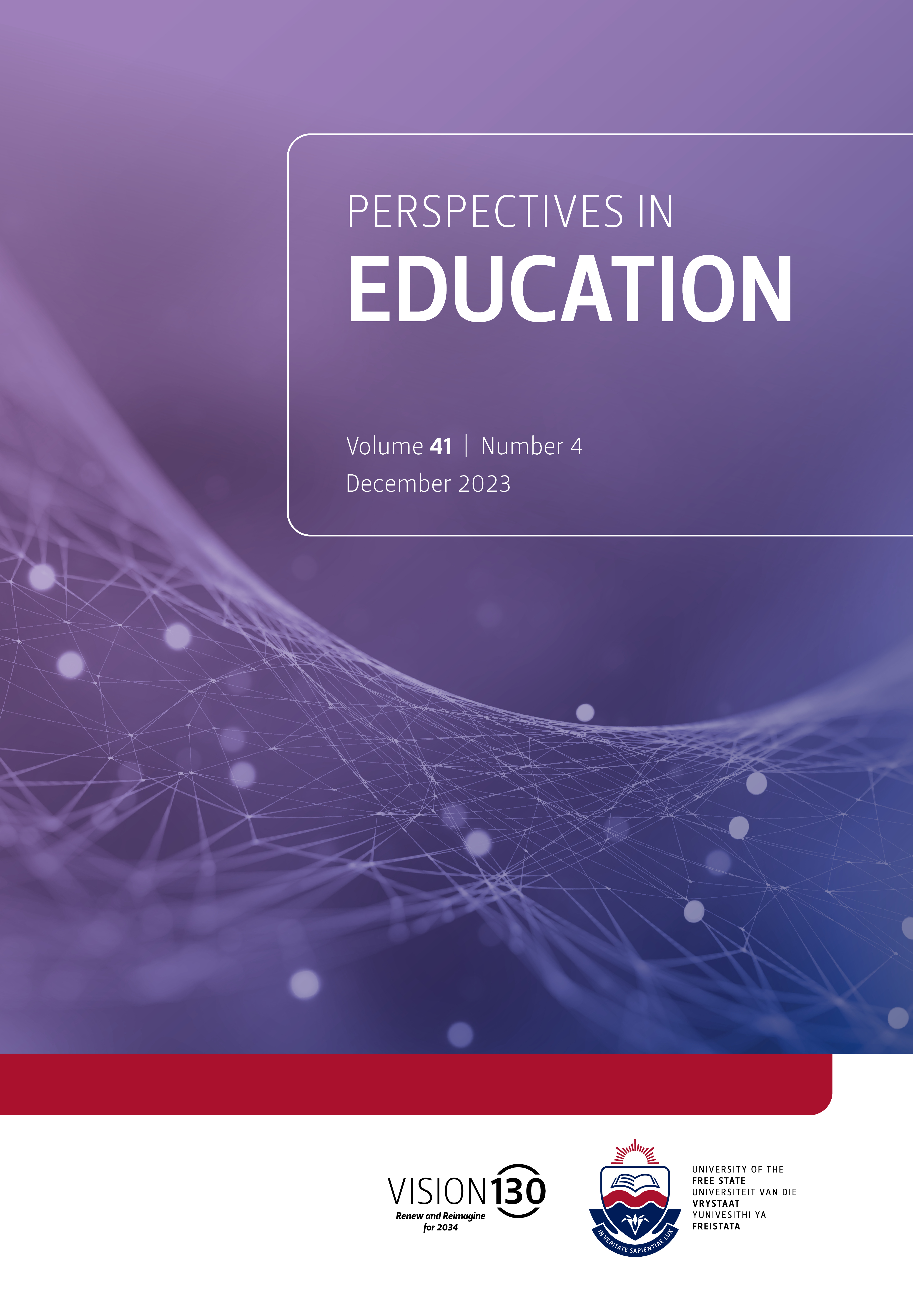Tutor and tutee experiences of same-year/level peer-assisted learning in health sciences’ extended curriculum programmes
DOI:
https://doi.org/10.38140/pie.v41i4.7551Keywords:
communities of learning, extended curriculum programmes, health sciences education, Peer-assisted learning, same-year/levelAbstract
Peer-assisted learning (PAL) encompasses the active acquisition of knowledge and skills among students in similar social settings where teaching one another enables reciprocal learning. Sameyear/ level PAL (SPAL) is applied in theoretical and clinical teaching across medical disciplines worldwide and is regarded as a teaching and learning strategy promoting self-directed learning. However, it is unclear if SPAL is supporting the academic progress and skills development of students placed on extended curriculum programmes (ECP) in health sciences education (HSE) effectively. This paper focuses on ECP tutors and tutees’ experiences of SPAL on their academic, personal and professional development. Six qualitative, semi-structured group interviews were conducted with 41 ECP students (14 tutors and 27 tutees) after they had participated in SPAL sessions. Findings indicate that SPAL supports ECP students not only academically, but also improves graduate attributes and leadership development, and promotes adapting to higher education through the establishment of communities of learning. Embedding structured SPAL sessions into ECPs in HSE was found to be central to the success of this teaching and learning strategy.
Downloads
##submission.downloads##
Published
How to Cite
Issue
Section
License
Copyright (c) 2023 Róan Slabbert, Jeanette Du Plessis, Mpho Jama

This work is licensed under a Creative Commons Attribution 4.0 International License.





